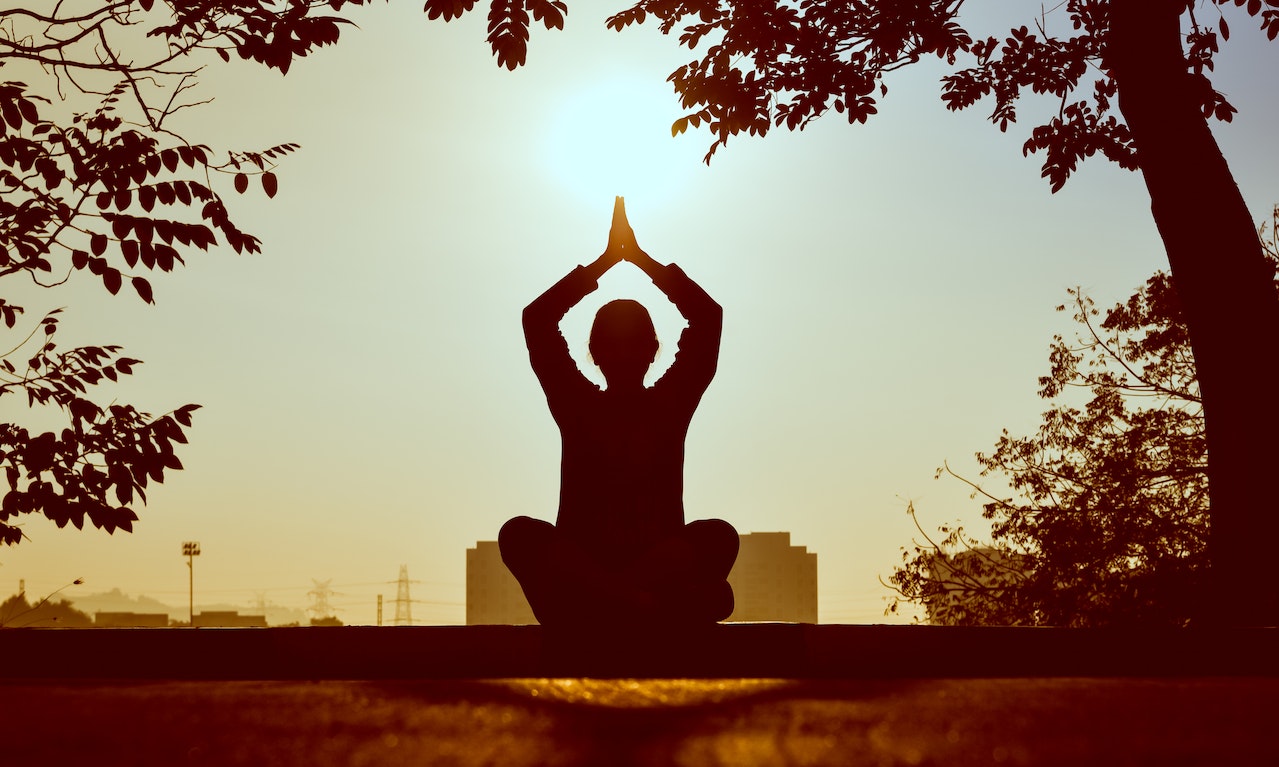
Guided meditation is helpful for beginners and teaching meditators. Practising it with instructions and breathing exercises is a holistic approach to health and wellbeing. The benefit of guided meditations is that a narrator or teacher guides you on how to meditate. You will know what to expect from your mind and body. It is to learn how to apply what you learned from meditation in your own life.
You can find free guided meditation videos on YouTube from trusted sources. It is effective for seasoned meditators to produce feelings of peace and relaxation through these meditations. You can be sure about meditation’s many benefits. Finding the best method to teach yourself to do it may prove difficult. We have boiled this down to a point where you can start, or continue, a meditation practice. You can learn this without spending hours trying to figure out the best way to do it. If you are a beginner at meditation, simply know that the benefits are cumulative.
Ways to meditate
Sleep, meditation, and relaxation are all at your fingertips with many digital apps for mindful living. In its free version, many apps offer a limited number of guided exercises and meditation. These are supplemented with audio that can be used to relieve stress. These apps can help in meditation practices, podcasts, an extensive audio library, and community forums. You can work to cope with your anxiety alone or with support from others with similar backgrounds. Some of them also have a positivity vs. negativity habits tracker. You can set goals for practising healthier habits, such as meditation, journaling, or exercising.

Find the mindful activities that work for you, and begin taking control of stress. There are different ways you can manage stress, from reading a book to doing yoga. Coping strategies that help you work through stress and promote relaxation provide a positive way of managing the issue. You can simultaneously work to prevent its negative effects, including sleeplessness.
Meditation and mindfulness-based therapies may be effective treatments for various psychological conditions, and they can be particularly useful in reducing anxiety, depression, and stress. Several studies have demonstrated the potential beneficial effects of yoga interventions for depression, stress, and anxiety.
Currently, treatments for anxiety and depression involve mostly psychological and pharmacological interventions. However, mind-body interventions are becoming more popular as means of stress reduction for individuals. For instance, mindfulness can decrease pain, fatigue, and stress for individuals suffering from chronic pain. Guided meditation journeys, such as the ones found in yoga, may be a useful way to decrease stress. By decreasing your body’s response to stress, mindfulness may have a trickle-down effect on your entire body.
What does the research say?
Researchers think that mindfulness benefits are due to mindfulness’s ability to decrease the body’s stress response. Mindfulness meditation may help disrupt the cycle of stress, providing the space for responding rather than reacting. Creating time during the day to stop, step away from anxious thoughts, and return to the present moment is extremely beneficial for mitigating the negative effects of our stress responses. Having some techniques to relax your mind in your mental toolkit may come in handy during times when stress rears its ugly head and keeps you awake.
Meditation is a mental and physical practice that helps you to focus on the breath, gain clarity, and build focus. You can increase emotional positivity which allows you to stay present. Just like how we exercise our bodies, meditation is like an exercise for the mind. You can use mediation to help to make you more focused and more acute. Nothing is better for your productivity and daily stress management than taking 10 minutes to meditate on your lunch break.
Just 10 minutes of drawing can have similar benefits as meditation. Making drawing is an excellent way to decrease your stress and anxiety. These guided meditations are good for complete beginners as well as experienced practitioners. You can take your pick on how much time you are willing to devote to your tranquillity every day. Meditation is a core component of stress management programs. Meditation can provide substantial benefits for your mental health and everyday life, reducing stress levels, and improving sleep, focus, and attention.
Yoga for managing stress
Yoga is recognized as a form of mind-body medicine. It integrates the individual physical, mental, and spiritual components to enhance aspects of health, especially stress-related illnesses. Although, a form of mind-body exercise, it has become a more widely practised treatment used for maintaining well-being as well as for relieving various health problems and ailments. Viewed as a holistic stress-management technique, yoga is a form of CAMS. It produces a physiological sequence of events in the body to decrease stress responses.
Yoga offers an effective way to manage and decrease stress, anxiety, and depression. Several studies have demonstrated the effectiveness of yoga for mood-related disorders. In a review of meditation studies, psychologists found compelling evidence that people who received MBCT were less likely to respond to negative thoughts or have unhelpful emotional responses when they were stressed. Although MBSR also includes meditation and yoga, researchers wanted to see whether the body scanning component could be helpful on its own for stress reduction.